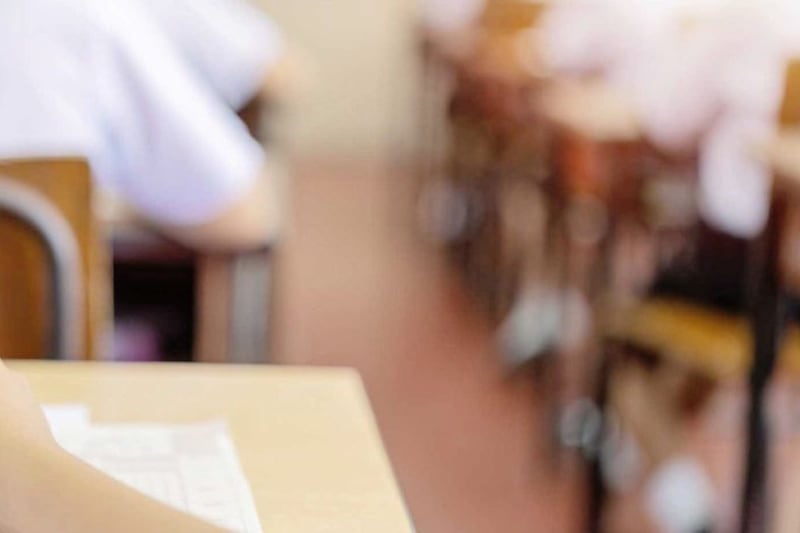NEW advice on transfer from primary to secondary school - running to almost 40 pages - makes no mention of academic selection.
Thousands of P7 pupils are to sit unregulated 11-plus style tests next month.
The last state-sponsored 11-plus was held in November 2008. Since then, most grammars have been split into two camps using either the Common Entrance Assessment (CEA) or multiple-choice papers set by GL Assessment.
The tests will run for four consecutive Saturdays starting November 10.
Read More
Single transfer test 'could be introduced by 2020'
Parents' concerns over Catholic grammar admission criteria plans
The issue continues to divide opinion with a large number of, mainly Catholic, schools critical of grammars continuing the practice.
Now, a Department of Education `circular' published weeks before the first exam contains no references to entrance tests.
The document aims to advise principals and governors of the arrangements for transfer from primary to post-primary and "will apply until further notice".
It contains information on topics including communications to parents, the application process and admissions criteria.
The department said the circular was an update to a previous publication, in which all lines advising against selection had been removed. It had previously stated that the department's policy was that there should be "no testing in order to select or reject children for admission to schools".
A separate advice booklet published in January of this year, does contain references to selection, and the issue of in-school coaching.
In September 2016, in a 180-degree policy shift from previous Sinn Féin ministers, the DUP's Peter Weir told primary schools they could prepare children for unregulated tests. Previously, schools had been warned against distorting the curriculum by facilitating them.
At that time, the department said it was supporting the right of those schools wishing to use entrance tests and was "reflecting public support for academic selection to grammar schools". It was unable, however, to explain how it measured public support.
Opponents pointed out that having to take part in the 11-plus to get a grammar school place was not the same thing as supporting selection.
Record numbers of P7 children sat the exams last year - about 15,000 pupils. It is estimated that about 2,000 children enter both the CEA and GL tests.
The Catholic Principals' Association said many children continued to be damaged by academic selection or rejection.
"At a time in both education and society when there is a heightened focus on the mental health and wellbeing of our young people it remains a very sad fact that the interests of individual institutions are considered more important than the needs of individual children," a spokeswoman said.
"As educationalists how do we continue to justify the destruction of our young people's self-esteem and confidence?
"Bizarrely, and despite the overwhelming evidence that selection at 10/11 years is damaging to children and detrimental to the education system in general, this unregulated practice continues."








